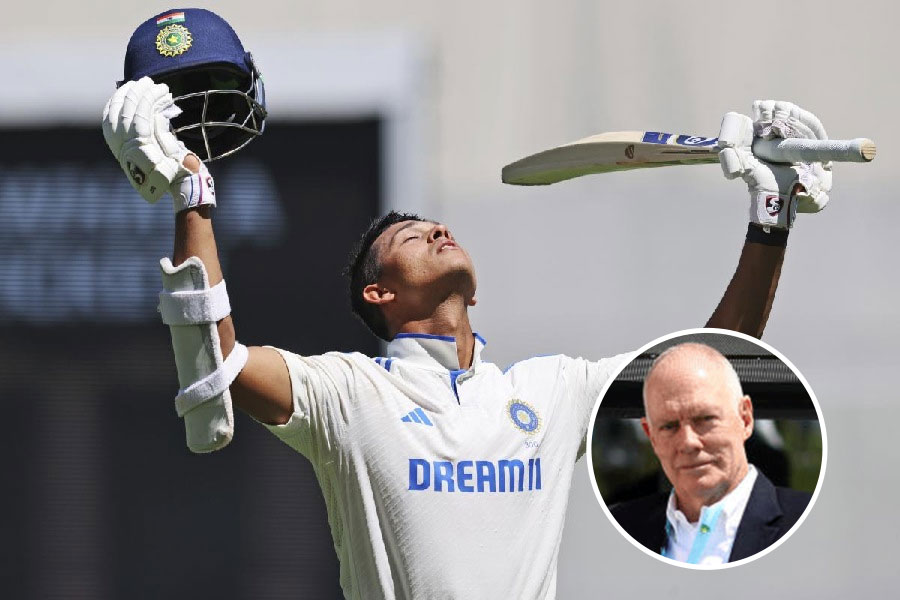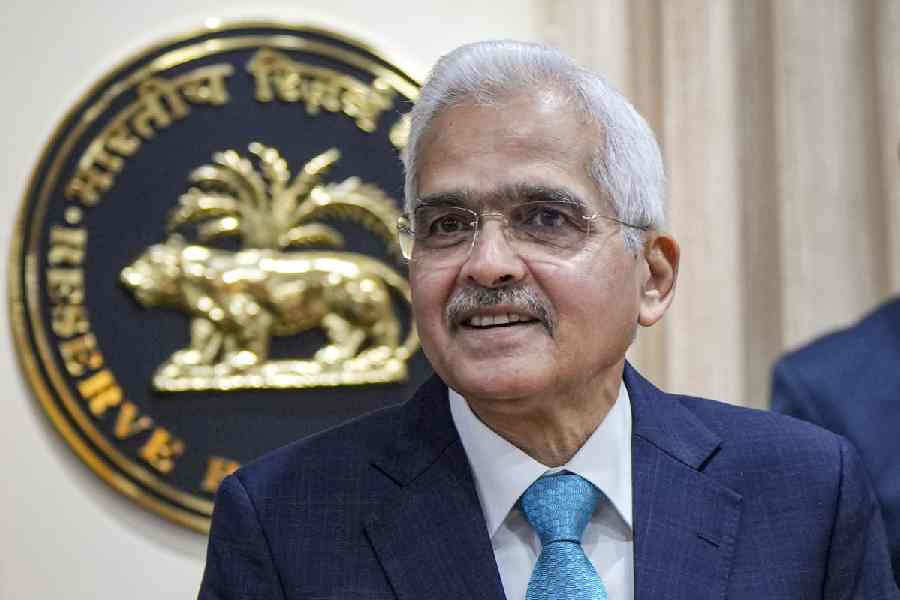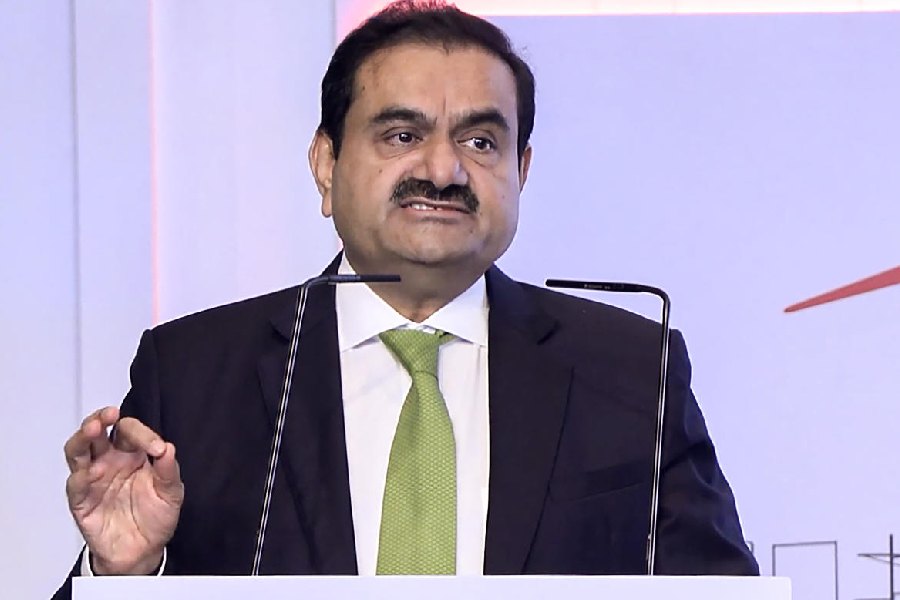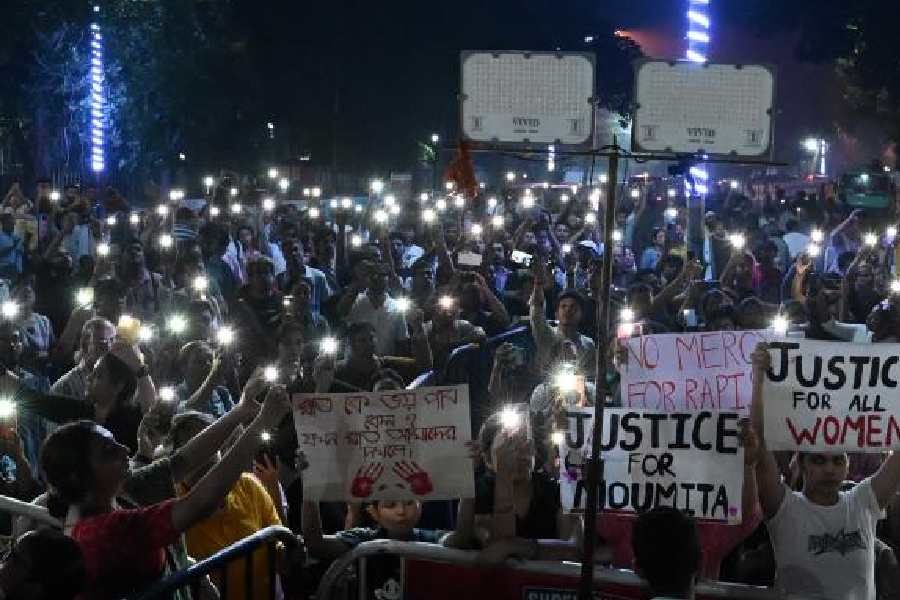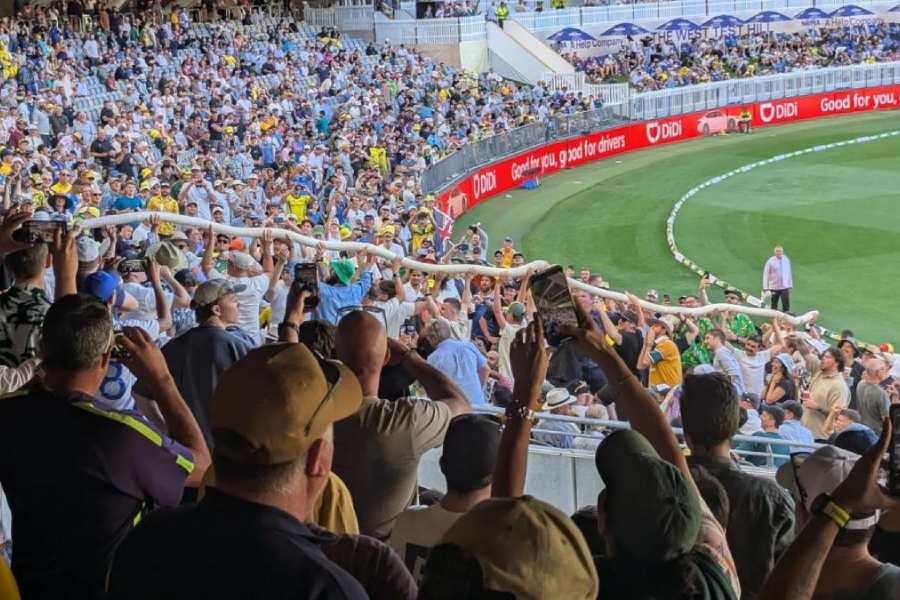A government cannot function if it does not have control over services as the exclusion of civil servants will negate governance and render officials unaccountable to people, the Delhi government told the Supreme Court on Tuesday.
A five-judge Constitution bench headed by Chief Justice DY Chandrachud, which commenced hearing the Centre-Delhi government row over control of services, was urged by senior lawyer A M Singhvi, appearing for the AAP dispensation, that civil servants serving in the national capital territory (NCT) have to be accountable to the people through the elected government.
“Delhi's running would come to a standstill on every petty issue. There is a famous saying in Hindi ‘Ek myan mein do talwar nahi rah sakte (there cannot be two swords in one sheath),'' Singhvi submitted before the bench, which also comprised Justices M R Shah, Krishna Murari, Hima Kohli and P S Narasimha.
During the day-long hearing, the bench referred to the three entries such as public order, police and land of the State list of subjects where the Delhi government cannot legislate as per Article 239AA (Special provisions with respect to Delhi).
“You (Delhi government) will have to concede one thing that Entry 1 (public order), 2 (police) and 18 (land) (of the State list) are outside your purview. So, if civil servants are posted with departments dealing with these, then it will be outside your executive power also,” the bench observed.
The 7th schedule of the Constitution provides for three lists- Union, State and Concurrent- and the central and state governments are exclusively empowered to make laws on the subjects mentioned in the first two lists.
Both the Centre and the states can make laws on subjects mentioned in the concurrent list of the Schedule. However, the Delhi government, as per Article 239AA, cannot make laws on public order, police and land featuring in the State List.
At the outset, senior lawyer Harish Salve said a plea had been filed by some IAS officers in the matter and it also needed to be heard. The bench agreed to the submission.
Singhvi commenced his submissions by saying the services were at the core of the dispute and the issue was whether civil servants serving in the NCT are accountable through the government to the people who elected the Delhi Government.
“There is a chain. The civil servants should be accountable to the ministers. Second, the minister is accountable to the legislature. And then finally the MLAs are accountable to the people,” he said, adding hence, the control over the government servants should be with the government.
For any government to exist, it should have the ability to create a post, appoint staff to the post and the power to interchange them, he said.
Unless a government has this power, it cannot function as ministers create policies and the implementation depends upon the civil services which must be answerable to the people through the elected representatives, he said.
”Exclusion of civil servants from the government negates the governance. The exclusion of civil services means that civil servants cease to be accountable to people,” he said.
Singhvi said by denying the state the control over services, the constitutional ethos of "we the people", as enshrined in its preamble, is not being followed.
“Those who implement policies are not accountable to the policy makers. When you have no accountability of those who are serving then there will be complete insubordination and chaos,” he said.
“Can you imagine a Union Territory with a legislature, a government, but no civil services,” he said, adding then the special constitutional provisions were not needed to be framed.
He gave the example of London and said even in a most “centralised country” like the United Kingdom, civil servants are not excluded from the control of local governance.
Singhvi referred to the Constitution bench judgement on the Delhi-Centre row and said now no power has been left with the city government.
In the case of Delhi, Parliament can enact a law under the State and Concurrent lists both, the bench observed, adding for that matter, both the lists become concurrent with power vested in Parliament.
“If Parliament is operating in the Concurrent and State lists, then what is the power with the GNCTD (Government of NCTD).
“The existence of my (Delhi) power is important, not it's exercise. There is no legislative and executive power. This is the crux ... then Why did they (Centre) create the National Capital Territory (government),” he said.
Singhvi gave illustrations of institutions like the Delhi Commission for Women (DCW) and said these have been created by the laws enacted by the Delhi assembly.
The apex court will resume hearing the matter on Wednesday.
Earlier, the apex court had on August 22 last year said a Constitution bench has been set up to hear the legal issue concerning the scope of legislative and executive powers of the Centre and the National Capital Territory government over control of services in Delhi.
On May 6, the top court had referred to a five-judge Constitution bench the issue of control of services in Delhi.
The apex court had said the limited issue of control over services was not dealt with by the Constitution bench which elaborately tackled all legal questions.
"The limited issue that has been referred to this Bench relates to the scope of legislative and executive powers of the Centre and NCT Delhi with respect to the term services. The Constitution bench of this court, while interpreting Article 239AA(3)(a) of the Constitution, did not find any occasion to specifically interpret the impact of the wordings of the same with respect to Entry 41 in the State List.
"We, therefore, deem it appropriate to refer to the above-limited question, for an authoritative pronouncement by a Constitution Bench..., it had said.
Sub Article 3 (a) of 239AA (which deals with the status and power of Delhi in the Constitution, deals with the law-making power of the Delhi Legislative Assembly on the matters enumerated in the State List or the Concurrent List.
The plea by the Delhi government arises out of a split verdict of February 14, 2019 in which a two-judge bench of Justices A K Sikri and Ashok Bhushan, both now retired, had recommended to the Chief Justice of India that a three-judge bench be set up to finally decide the issue of control of services in the national capital.
Justice Bhushan had ruled the Delhi government had no power at all over administrative services, while Justice Sikri made a distinction. He said the transfer or posting of officers in top echelons of the bureaucracy (joint director and above) can only be done by the Central government and the view of the lieutenant governor will prevail in case of a difference of opinion on matters relating to other bureaucrats.
In the 2018 judgement, a five-judge Constitution bench had unanimously held that the Lieutenant Governor of Delhi is bound by the aid and advice of the elected government, and both needed to work harmoniously with each other.


